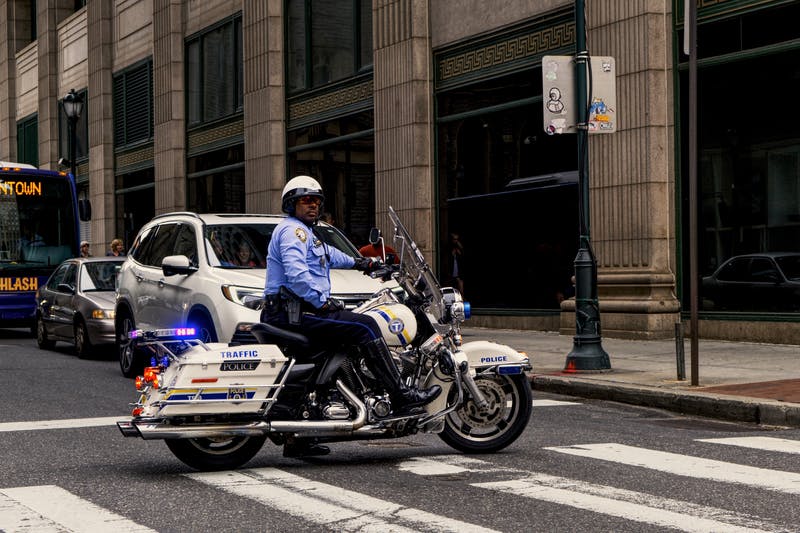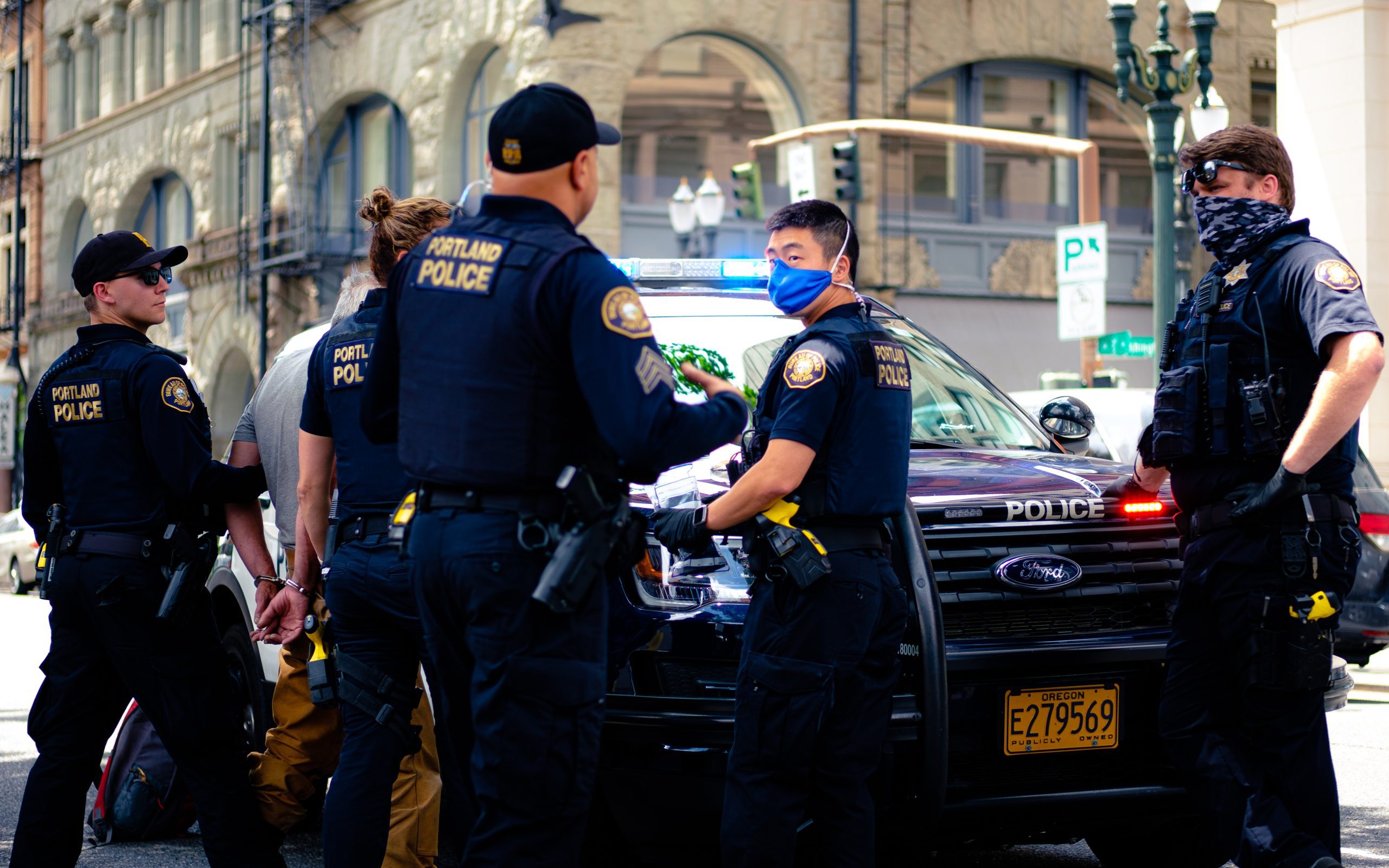The Fourth Amendment of the U.S. Constitution protects citizens from unreasonable searches and seizures. A traffic stop is considered a seizure. Therefore, your Fourth Amendment rights protect you during a traffic stop.
A traffic stop is constitutes the seizure of a person (a temporary detention) for Fourth Amendment purposes. As such, traffic stops must not be arbitrary or unreasonable. Police must have reasonable suspicion of a traffic violation or other crime to pull a car over to conduct a traffic stop.
In this context, even a minor violation of motor vehicle laws can provide police with the necessary reasonable suspicion. Therefore, a broken taillight allows police to pull someone over. So does an unexpected swerve or signs of distracted driving. The bar is, frankly, not very high.
What Fourth Amendment rights protect you during a traffic stop?
During a traffic stop, police must afford people their Fourth Amendment protections, including their protection from unreasonable searches and seizures.
For example, when a traffic stop is due to a broken taillight, police can stop you and ask for a driver’s license, registration and insurance. They can write a ticket for the violation or give a warning. That is all consistent with addressing the suspicion that led to the traffic stop in the first place.
Beyond that, an investigation into additional issues could violate the Fourth Amendment. In general, police cannot go beyond the traffic stop violation unless they have reasonable suspicion for doing so.

Can police search a car during a traffic stop to ensure safety?
During a traffic stop, police must have reasonable suspicion of danger to conduct a pat-down search. Even then, police may pat down outer clothing and cannot search inner clothing to remove possibly concealed weapons unless they have reasonable suspicions. When police develop reasonable suspicion, the search can continue to locate and remove any such weapon.
In addition, to search the inside of a car involved in a traffic stop, police must have reasonable suspicion there might be a readily accessible deadly weapon in the car. Police can only search areas where weapons might be hiding.
Can police search a car during a traffic stop for evidence of a crime?
During a traffic stop, people do not have to consent to a search of their car. To search a car, police must have a warrant or obtain consent. To get a warrant, police must have probable cause to believe the evidence in the car is at risk while asking the court for a warrant.
It’s crucial to note that a person’s refusal to consent does not create reasonable suspicion. So, there is nothing to lose by refusing to consent to a search.
A police car search without consent, reasonable suspicion or probable cause is likely to result in the suppression of any evidence derived from the search. Under the exclusionary rule, prosecutors cannot use evidence against a person obtained from a search that violates the Fourth Amendment.

Can police search a car when they arrest someone inside it?
Finally, during a traffic stop, if police make a lawful arrest if there is evidence of a crime, they may search the car’s passenger compartment as incident to an occupant’s arrest. The search does not generally violate the Fourth Amendment as long as:
- the arrest is lawful,
- the search is contemporaneous with the arrest,
- they search before anyone moves the car and
- the search is no broader than necessary.
When police legally impound a car, they may search it to make an inventory of the contents.
The Takeaway:
The Fourth Amendment of the U.S. Constitution protects citizens from unreasonable searches and seizures. A traffic stop is considered a seizure. Therefore, your Fourth Amendment rights protect you during a traffic stop. Police can only search your car during a traffic stop under very specific circumstances.






